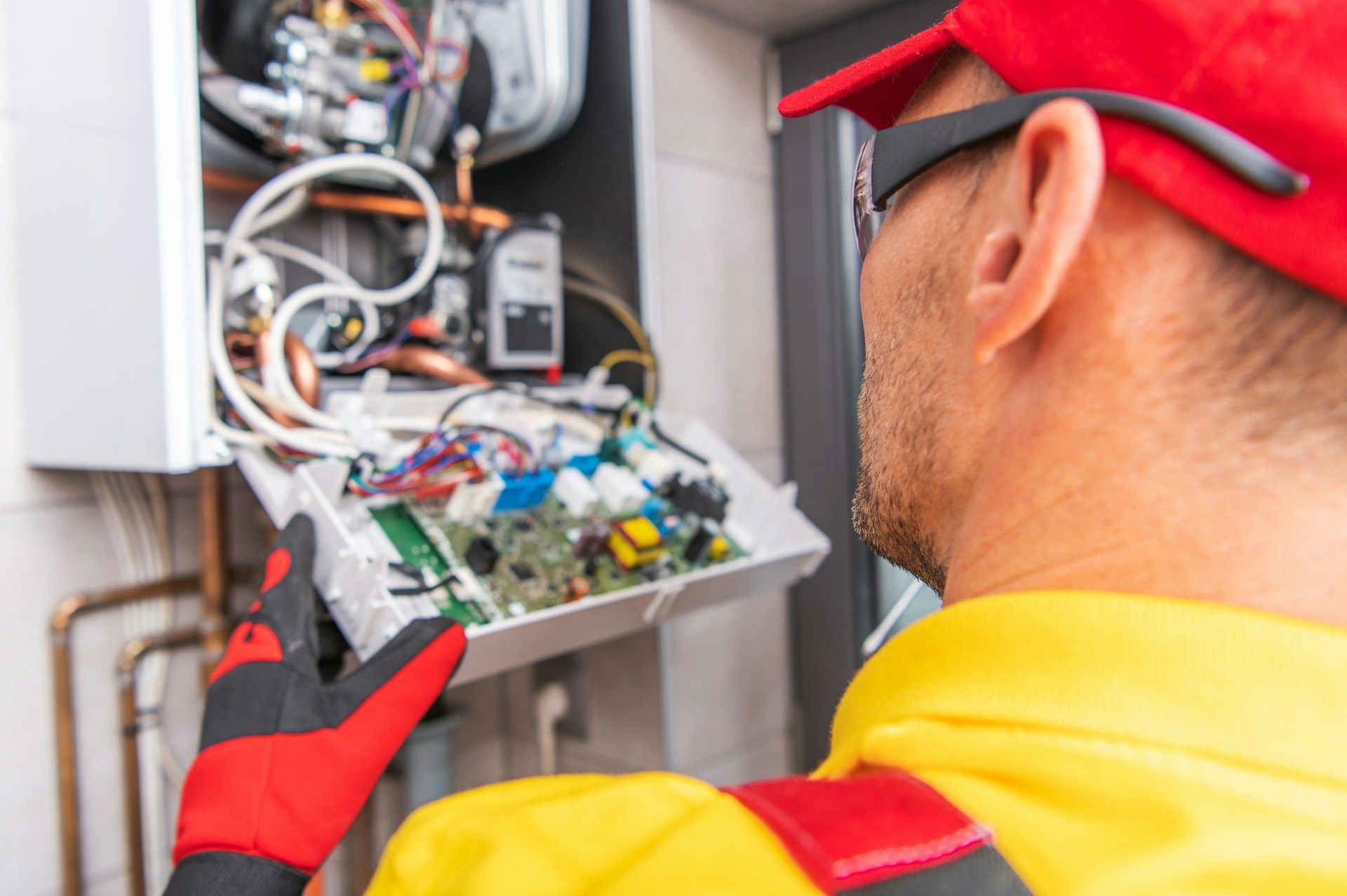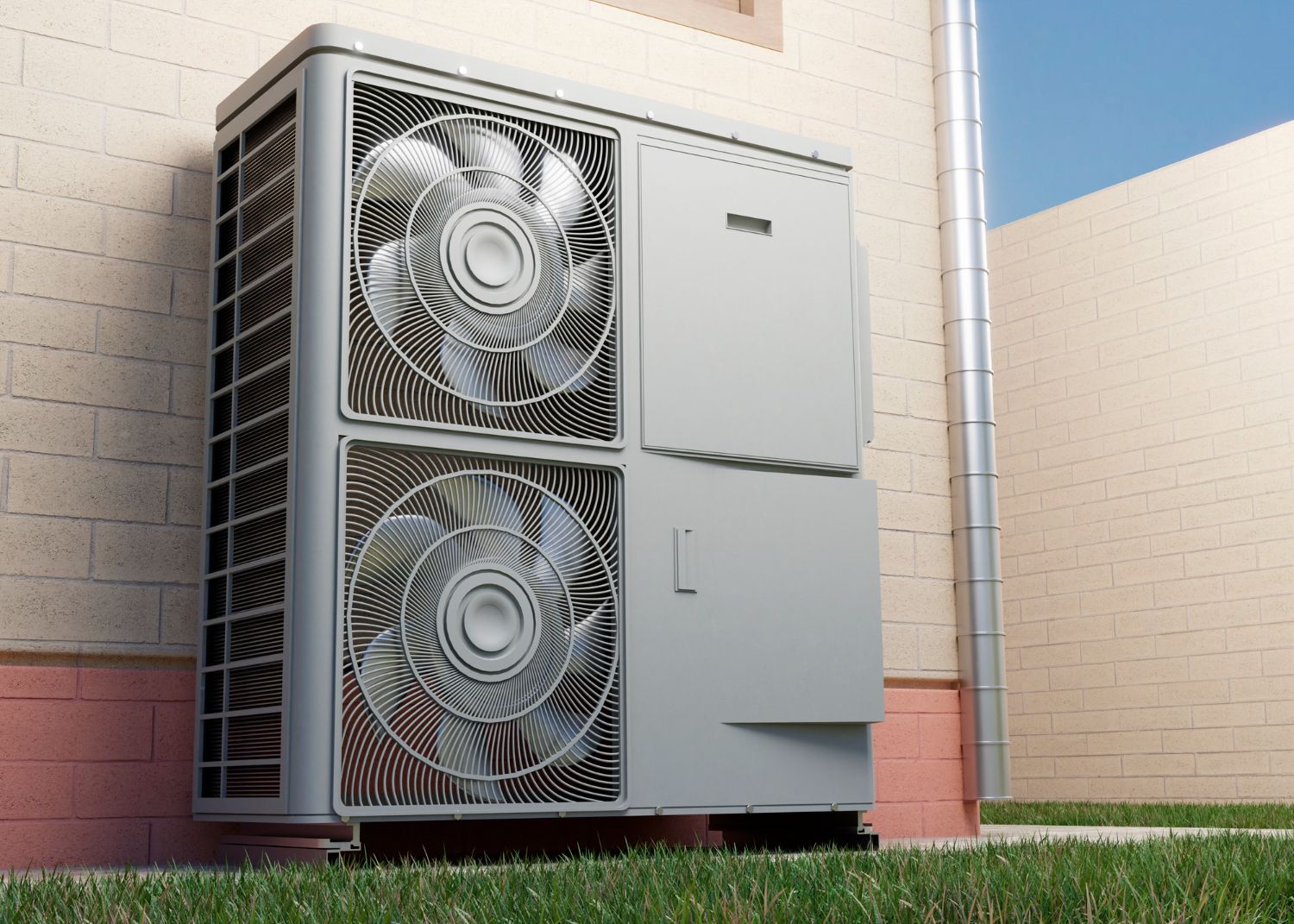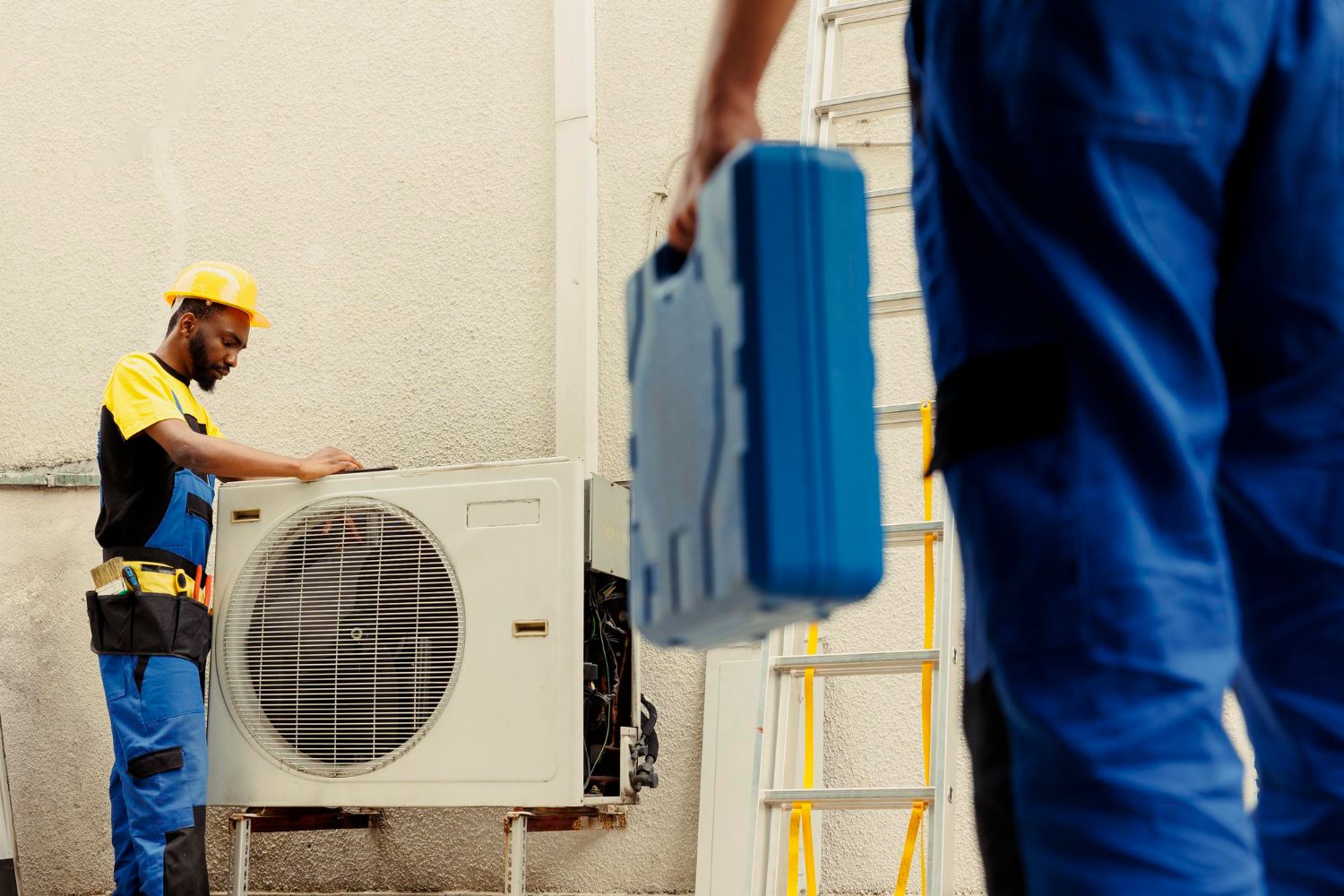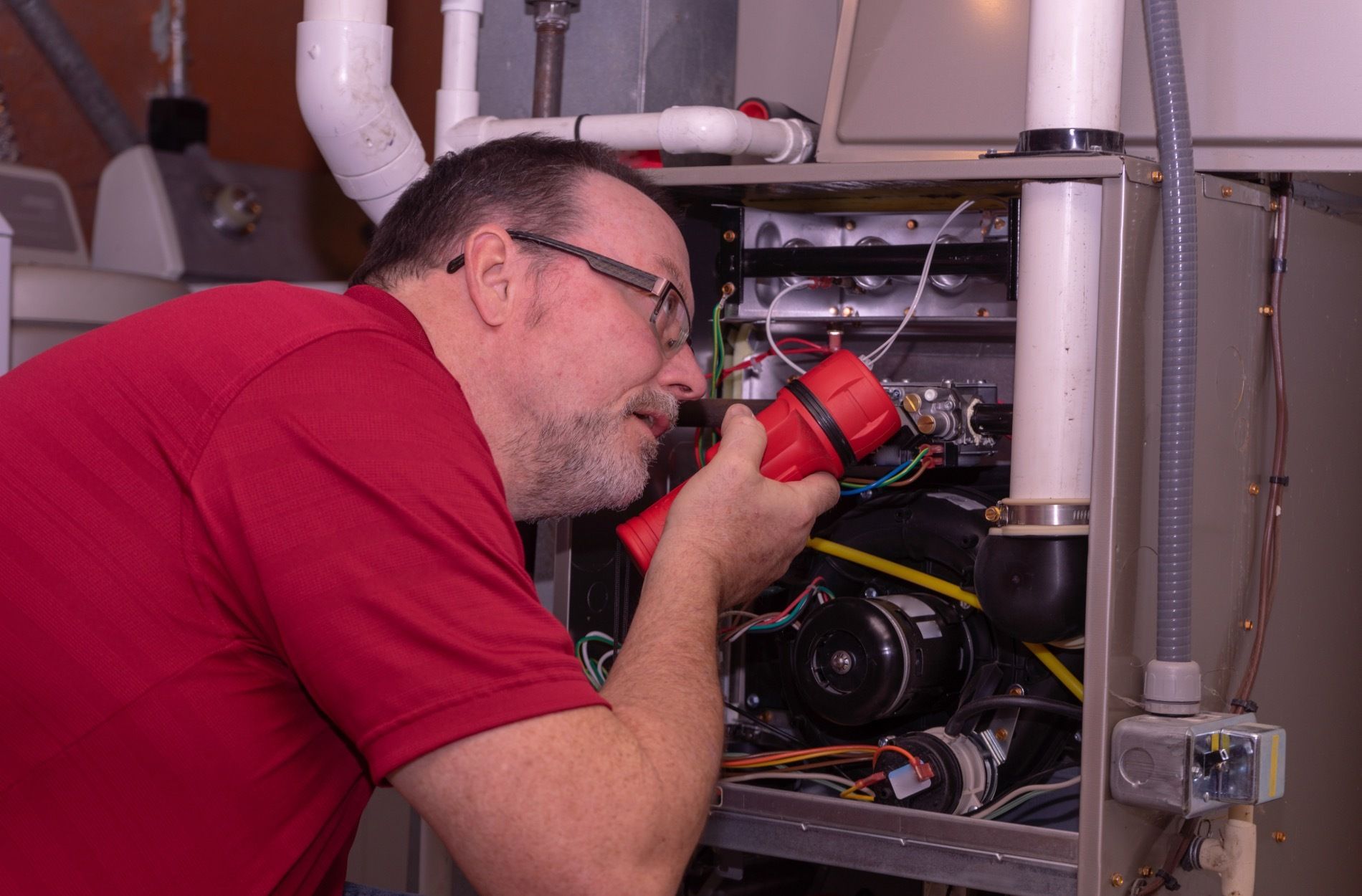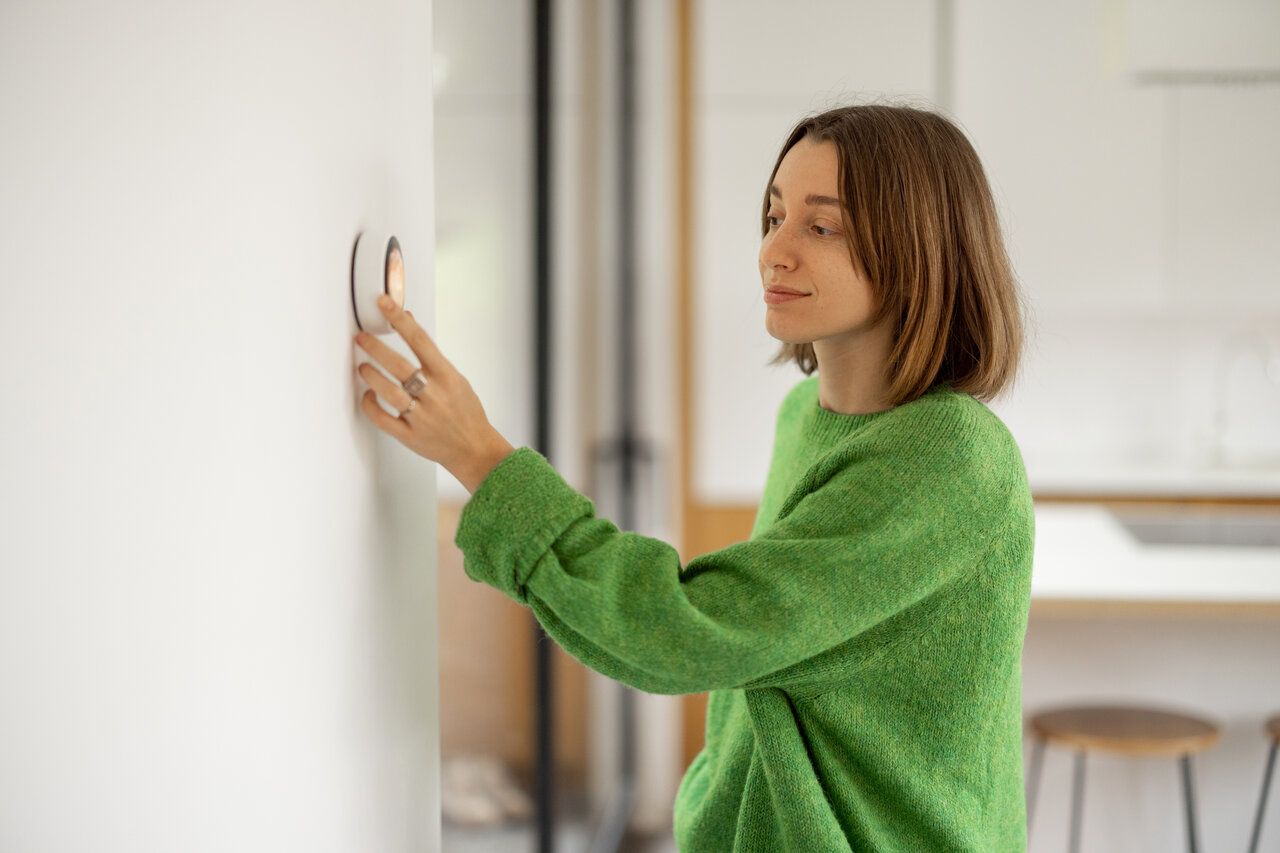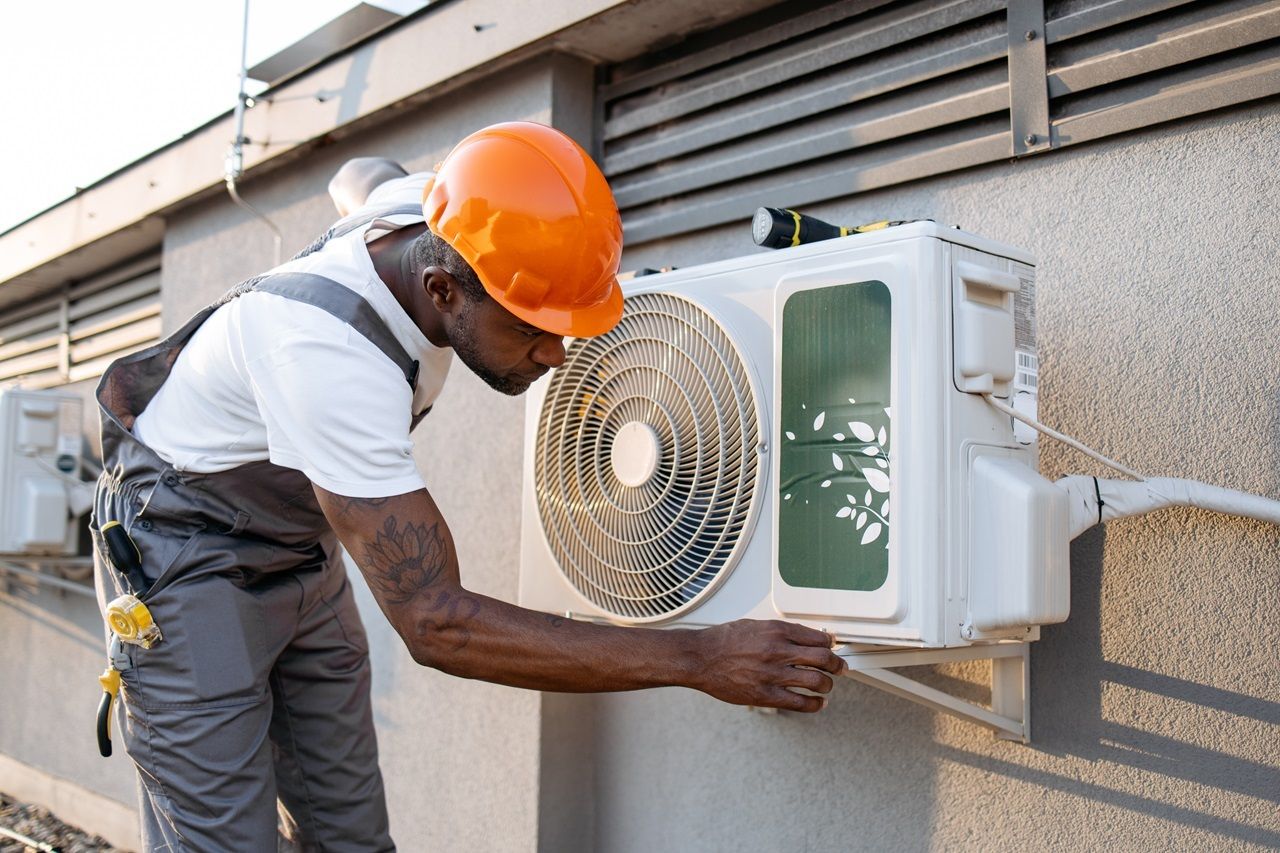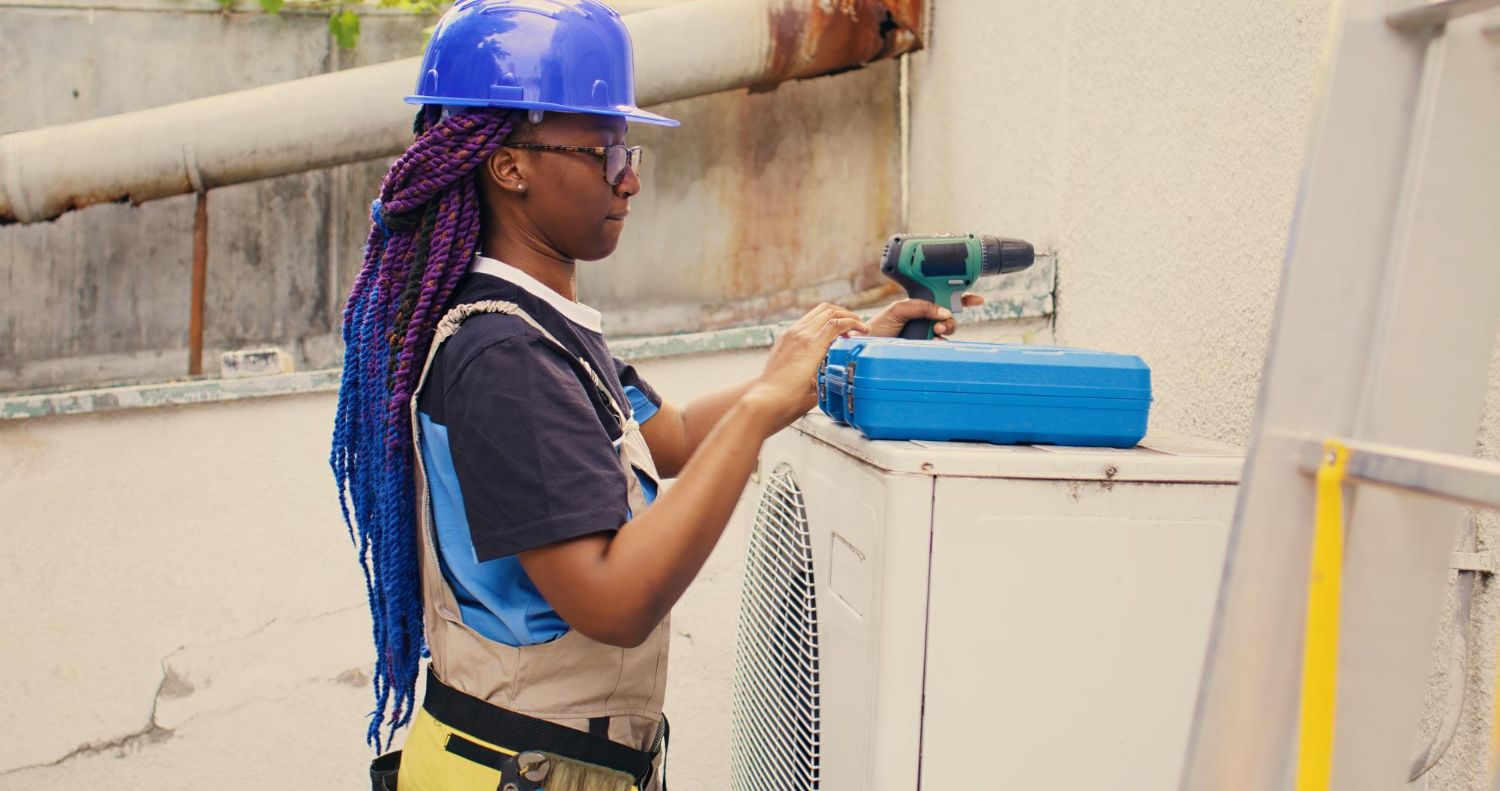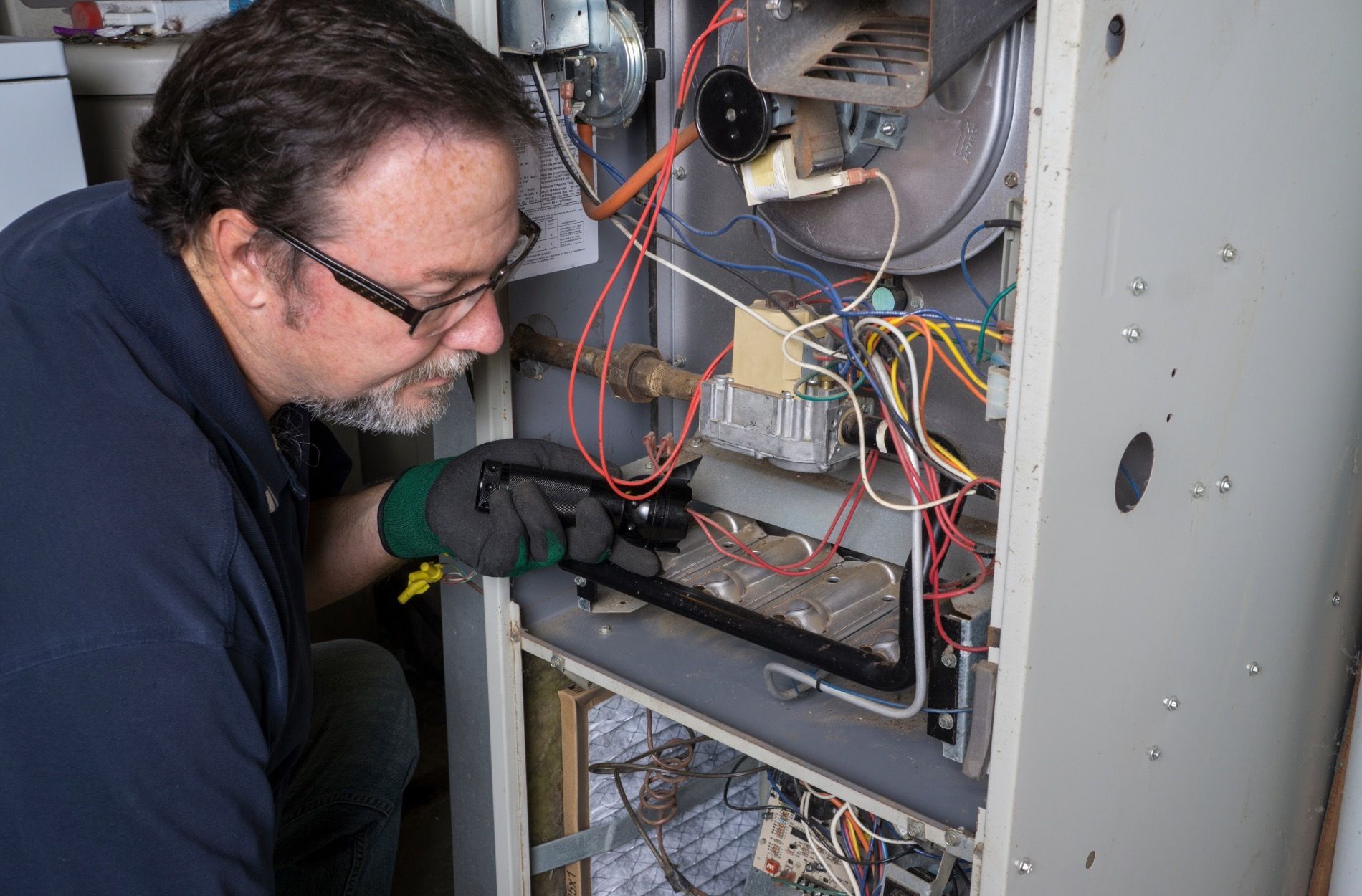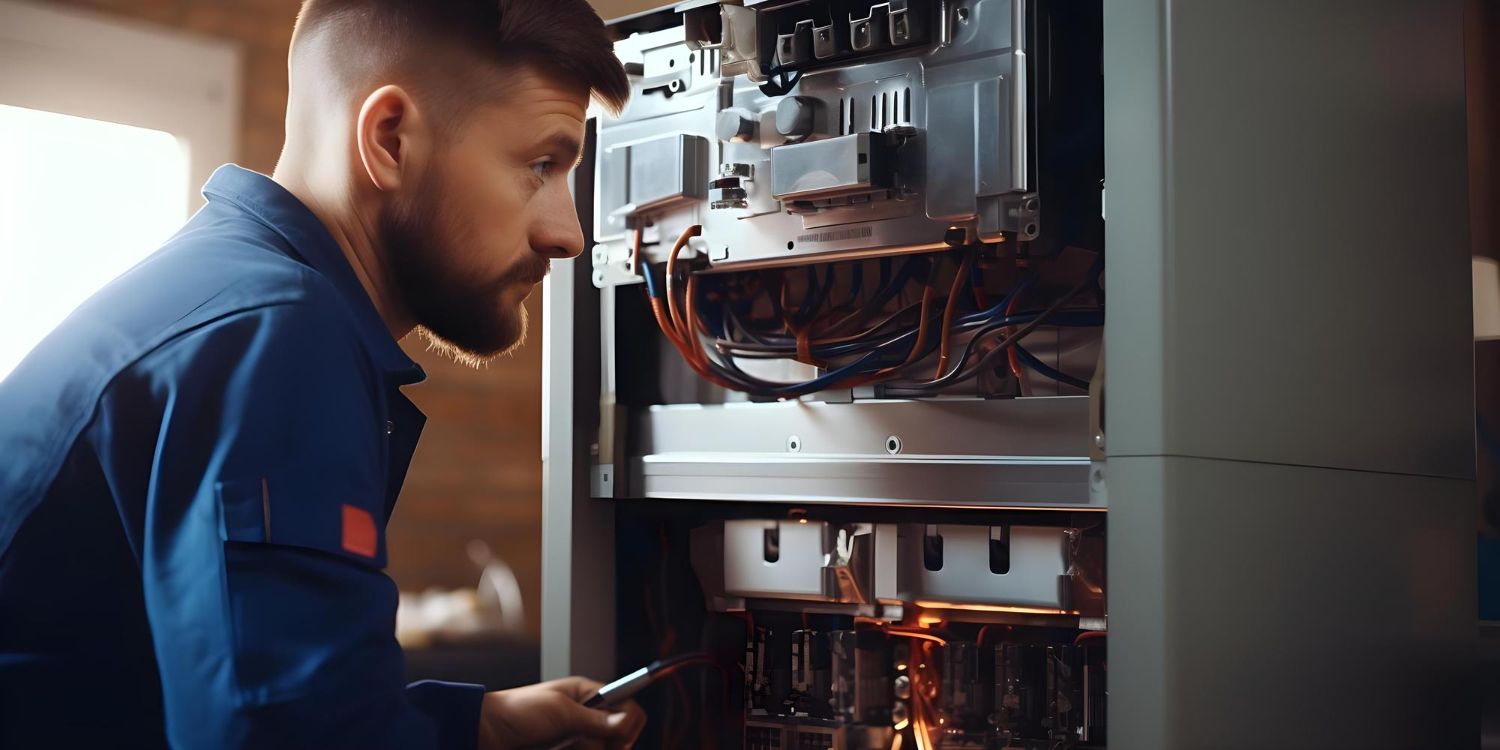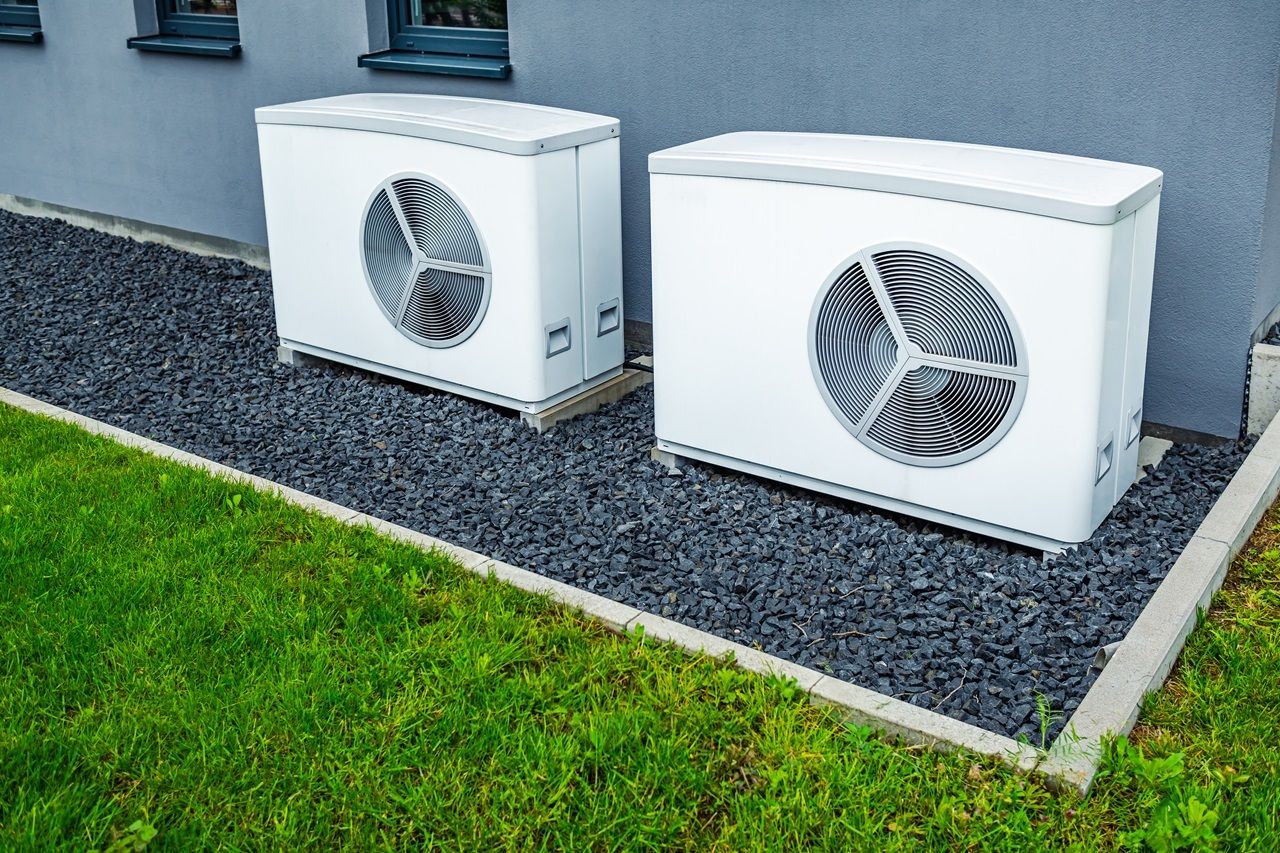
Identifying Critical Heat Pump Problems
A well-functioning heat pump is essential for maintaining a comfortable home environment, especially during extreme weather conditions. Heat pumps are complex systems that require regular attention and care to operate efficiently. Understanding the warning signs and common issues that can affect your heat pump is crucial for timely repairs and preventive maintenance.
Heat pumps can encounter a variety of problems that impact their performance. From electrical issues to mechanical failures, knowing what to look for can save you from costly repairs and unexpected breakdowns. By identifying potential problems early, you can take appropriate action to maintain the efficiency and longevity of your heat pump.
Warning Signs of Heat Pump Issues
Identifying the warning signs of heat pump issues early can help prevent major problems and costly repairs. Here are some common indicators that your heat pump may need attention:
- Inconsistent Temperature: If your home is not reaching the desired temperature or there’s uneven heating and cooling, it could signal a problem with your heat pump. This might be due to issues with the thermostat, refrigerant levels, or other internal components.
- Unusual Noises: Pay attention to any strange sounds coming from your heat pump, such as grinding, rattling, or squealing. These noises can indicate loose parts, failing motors, or other mechanical issues that require professional inspection.
- Frequent Cycling: If your heat pump is turning on and off more frequently than usual, it may be short cycling. This can be a sign of an overheating issue, a faulty thermostat, or an improper unit size.
- High Energy Bills: A sudden spike in your energy costs without an increase in usage can point to inefficiencies in your heat pump. Dirty filters, duct leaks, or malfunctioning components could be causing the system to work harder than necessary.
Common Electrical Problems in Heat Pumps
Electrical problems in heat pumps can disrupt their operation and lead to more significant issues if not addressed. Here are some common electrical issues you may encounter:
- Tripped Circuit Breakers: If your heat pump frequently trips the circuit breaker, it could be due to an electrical overload or a short circuit. While resetting the breaker can be a temporary fix, it’s important to have our professionals check for underlying issues.
- Faulty Capacitors: Capacitors store electrical energy and are essential for starting the motors of the heat pump. A failing capacitor can prevent the heat pump from operating correctly. Symptoms of a faulty capacitor include unusual noises and intermittent operation.
- Wiring Issues: Damaged or loose wiring can cause inconsistent performance or complete failure of your heat pump. Frayed wires or bad connections should be addressed immediately to avoid potential fire hazards.
- Malfunctioning Relays and Contactors: Relays and contactors control the electrical flow to various components of the heat pump. If these parts fail, the heat pump may not start or stop properly. This can lead to overheating or inefficient operation.
Mechanical Failure Indicators
Mechanical failures in heat pumps can cause significant disruptions. Recognizing the signs of mechanical issues early can help prevent costly repairs.
- Refrigerant Leaks: Refrigerant is essential for the heat pump to heat and cool effectively. Signs of refrigerant leaks include ice buildup on the coils, hissing sounds, and reduced heating or cooling performance. Refrigerant levels should be checked and maintained by our professionals.
- Compressor Issues: The compressor is the heart of the heat pump. If it fails, the heat pump will struggle to operate effectively. Symptoms of compressor problems include loud noises, frequent cycling, and lack of proper heating or cooling. Addressing these issues early can avoid complete system failure.
- Fan Problems: Fans ensure proper airflow throughout the system. If you notice your heat pump is not blowing air or making unusual sounds, there could be a problem with the fan motor or blades. These components can fail due to wear and tear or debris build-up.
- Frozen Coils: Ice on the coils can prevent the heat pump from functioning. This can be caused by low refrigerant, restricted airflow, or mechanical malfunctions. Defrosting the coils and addressing the underlying cause is crucial for restoring efficiency.
Preventive Maintenance Tips for Heat Pumps
Preventive maintenance is key to extending the life of your heat pump and avoiding unexpected repairs. Follow these tips to keep your system running smoothly.
- Regular Inspections: Schedule annual inspections with our professionals. They will check for potential issues and perform necessary adjustments and repairs to keep your heat pump in top condition.
- Change Filters: Replace air filters every 1 to 3 months. Clean filters prevent dust and debris from clogging the system, improving efficiency and air quality.
- Clear Debris: Keep the outdoor unit free of leaves, dirt, and other debris. Ensure there is at least a 2-foot clearance around the unit to allow proper airflow and prevent overheating.
- Check Thermostat Settings: Make sure your thermostat is set correctly for the season. Consider upgrading to a programmable thermostat for better control and efficiency.
- Inspect Ductwork: Periodically check your ductwork for leaks or blockages. Sealing leaks and ensuring proper insulation can improve the performance of your heat pump.
- Monitor Refrigerant Levels: Have our professionals check the refrigerant levels during routine maintenance. Proper levels are crucial for efficient operation.
Conclusion
Understanding the signs of heat pump issues and taking proactive measures can significantly extend the lifespan of your system. From recognizing warning signs to addressing mechanical and electrical problems, timely attention can make all the difference in maintaining a comfortable home.
Our team at One Stop Heating and Air Conditioning is here to assist with your heat pump repair in Sandy, UT. Contact us today to keep your heat pump in peak condition and avoid unexpected breakdowns!

